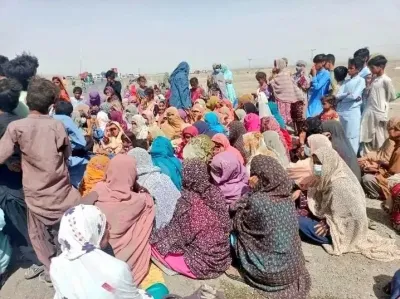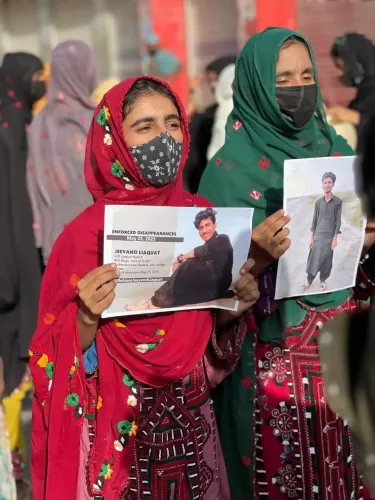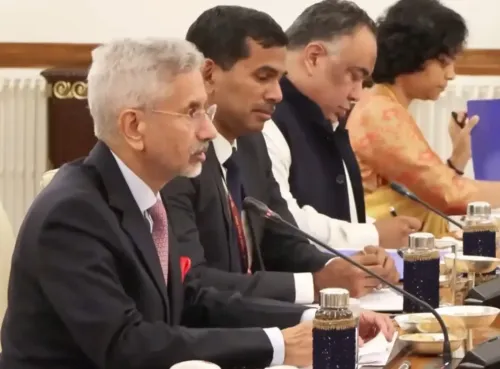Did 324 Corrupt Officials in Pakistan Embezzle Rs 37 Million Intended for Poverty Relief?

Synopsis
Key Takeaways
- Corruption is rampant in Pakistan's social safety net.
- 324 officials implicated in the embezzlement of Rs 37 million.
- Financial irregularities amounting to Rs 141 billion uncovered.
- Need for transparent systems and strict monitoring.
- BISP supports 58 million people, crucial for poverty alleviation.
Islamabad, Aug 31 (NationPress) The social safety framework in Pakistan is facing significant challenges due to problematic biometric systems, leading to alarming corruption levels. The Auditor General has disclosed that 324 government officials misappropriated more than Rs 37 million from the Benazir Income Support Programme (BISP), as reported by local media.
Officials from various grades, ranging from Grade 1 to Grade 22, were implicated in these corrupt activities, indicating widespread malpractice within the program, according to the Auditor General of Pakistan (AGP).
Originally created to assist millions grappling with poverty, the BISP has been consistently undermined by corruption. The Rs 37 million scandal is just a fraction of a larger problem, as recent audit reports unveiled financial discrepancies amounting to Rs 141 billion for FY24, which includes payments made to those ineligible for support, fraudulent biometric verifications, and funds allocated to deceased individuals.
This situation implies that those in charge of aiding the impoverished are contributing to ongoing poverty rather than alleviating it.
The pervasive engagement of officials across all ranks highlights a deeply rooted culture of impunity. Even more concerning are the allegations against bank staff and retailers who unlawfully impose fees on beneficiaries attempting to use their BISP cards, as noted in the 'The Express Tribune'.
In numerous instances, offenders have evaded criminal repercussions despite being caught in the act and publicly identified. Unfortunately, even when culpable officials face prosecution or dismissal, the historical trend indicates that the fear of accountability has not effectively curtailed corruption within government sectors, with BISP being no exception.
To combat this issue, there is a pressing need for more proactive measures, including transparent biometric systems, stringent verification protocols, and independent monitoring mechanisms.
The BISP currently assists around 58 million individuals, constituting nearly a quarter of the national population. Allowing this program to devolve into a corrupt and distrusted entity not only betrays the honest beneficiaries but also every taxpayer and international donor invested in its success.









